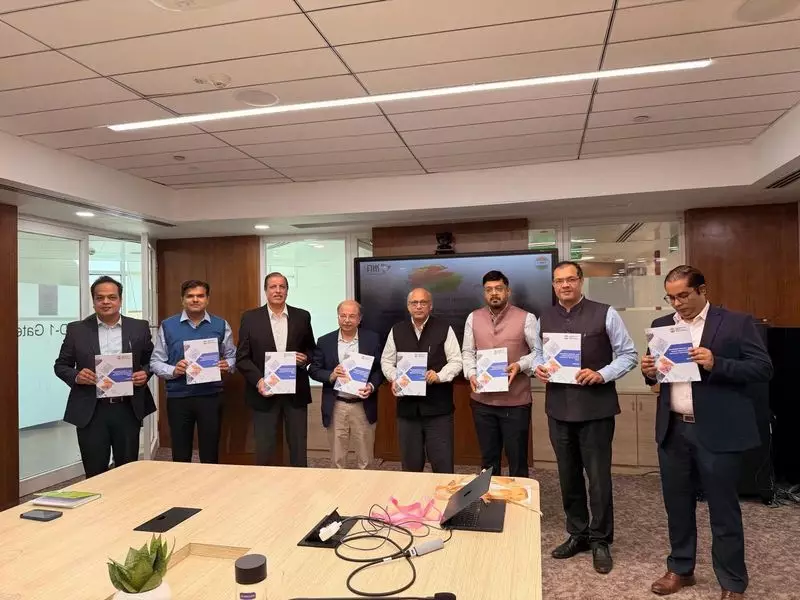
A startling new report has exposed a significant threat to public health across India, revealing that substandard PVC resin imports from China are entering the country's consumer market with potentially dangerous consequences.
The Alarming Findings
The Coalition for a Prosperous America (CPA) conducted research that uncovered serious quality issues with polyvinyl chloride (PVC) resin being shipped from China to Indian manufacturers. This material, which forms the backbone of numerous consumer products, contains concerning levels of toxic chemicals that could leach into everyday items.
According to the report, the problem stems from inferior manufacturing processes and inadequate quality control in Chinese production facilities. The substandard PVC resin fails to meet international safety standards, yet continues to flow into Indian markets where it gets transformed into products that millions of Indians use daily.
Widespread Consumer Impact
The implications of this discovery are far-reaching and troubling. PVC resin serves as a fundamental material in manufacturing numerous essential items that come into direct contact with people. These include medical supplies, food packaging materials, water pipes, children's toys, and various household products.
When inferior quality PVC enters the production cycle, toxic additives and unstable chemical compounds can migrate from the plastic into medicines, food, water, and other substances that consumers ingest or touch regularly. This creates a silent but persistent health hazard that affects vulnerable populations including children, elderly individuals, and those with compromised immune systems.
Regulatory Gaps and Market Consequences
The situation highlights critical weaknesses in India's import monitoring systems and quality verification processes. Despite existing regulations, these hazardous materials are slipping through inspection nets and reaching domestic manufacturers who may be unaware of the risks they're incorporating into their products.
This problem not only endangers public health but also creates unfair competition for domestic producers who adhere to stricter quality standards and manufacturing protocols. Indian companies following proper safety guidelines face economic pressure from cheaper, substandard imports that compromise on quality and safety measures.
The continuous inflow of these dangerous materials represents an ongoing public health emergency that requires immediate intervention from regulatory authorities, industry stakeholders, and policymakers alike.






